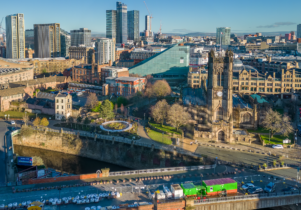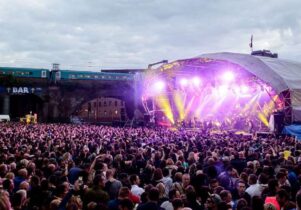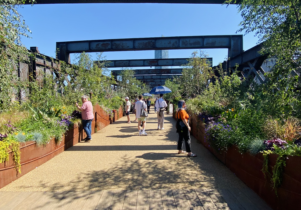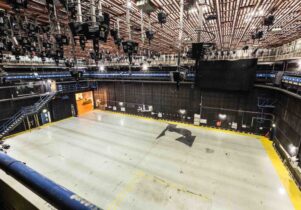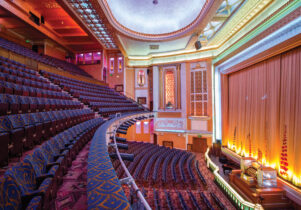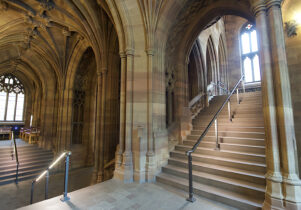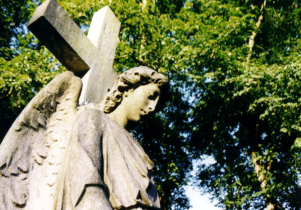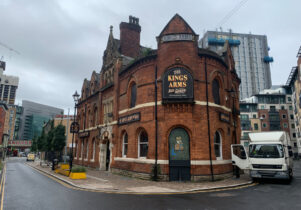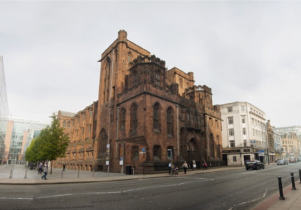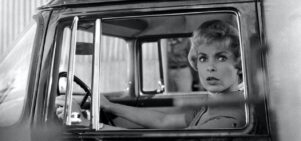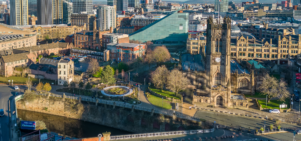The Railway Age Begins: An Anniversary Tour
Johnny James, Managing Editor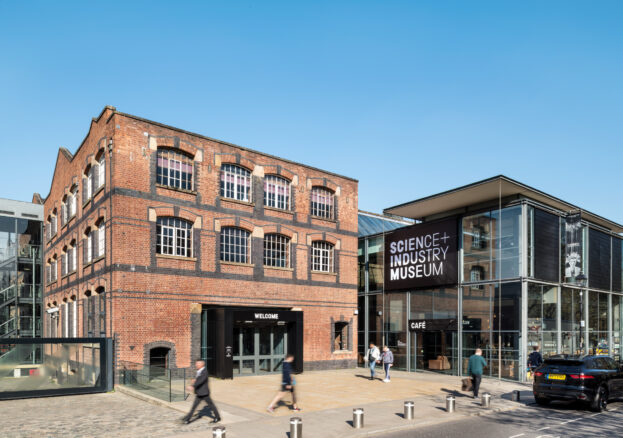
On 15 September 1830, a page was turned in human history, with the Liverpool to Manchester Railway becoming the first fully operational, steam-powered passenger railway in the world. Join Jonathan Schofield Tours for a closer look at this breakthrough moment via the buildings that remain of that period, while exploring the far-reaching developments that followed.
Despite the earlier rail line at Stockton and Darlington, it was the LMR that proved rail travel had a future. One, it almost immediately made money. Two, it democratised travel. For the first time poorer people could travel regularly for a reasonable price, having a lasting effect on how they lived and worked. There was also a more symbolic shift here, towards more connected and accessible urban areas.
But while the railways made travel easier, they also made the separation of the classes more pronounced, with commuter towns like Wilmslow, Alderley Edge, Sale and Cheadle Hulme spreading over farm fields. This led to a debate about the abandonment of the city by those who owed their wealth to it. ‘If God made the country and Man made the town.. the Devil made the suburbs,’ thundered local progressive Charles Rowley in 1899.
The Railway Age got off to an inauspicious start with an angry crowd in Manchester protesting about the price of food and about the lack of representation. There was tragedy too, when William Huskisson, a Liverpool MP, was run down and killed by a train.
Still, a transport revolution had begun, and this tour places you at its very starting place. The original Manchester station for the LMR survives in the Museum of Science and Industry – now the oldest railway station in the world. This is where your walking tour will begin, before your knowledgeable and experienced tour guide leads you off elsewhere in search of stories.
Included in these stories will be Manchester’s George Bradshaw, who created the famous Bradshaw’s Railway Companion in 1839. This was the first national railway timetable – a revelation at the time. ‘Seldom has the gigantic intellect of man been employed upon a work of greater utility,’ wrote one commentator.
Jonathan Schofield actually appeared on Michael Portillo’s BBC TV series Great British Railway Journeys, based around Bradshaw’s timetables. Why not give it a watch to whet your appetite.




